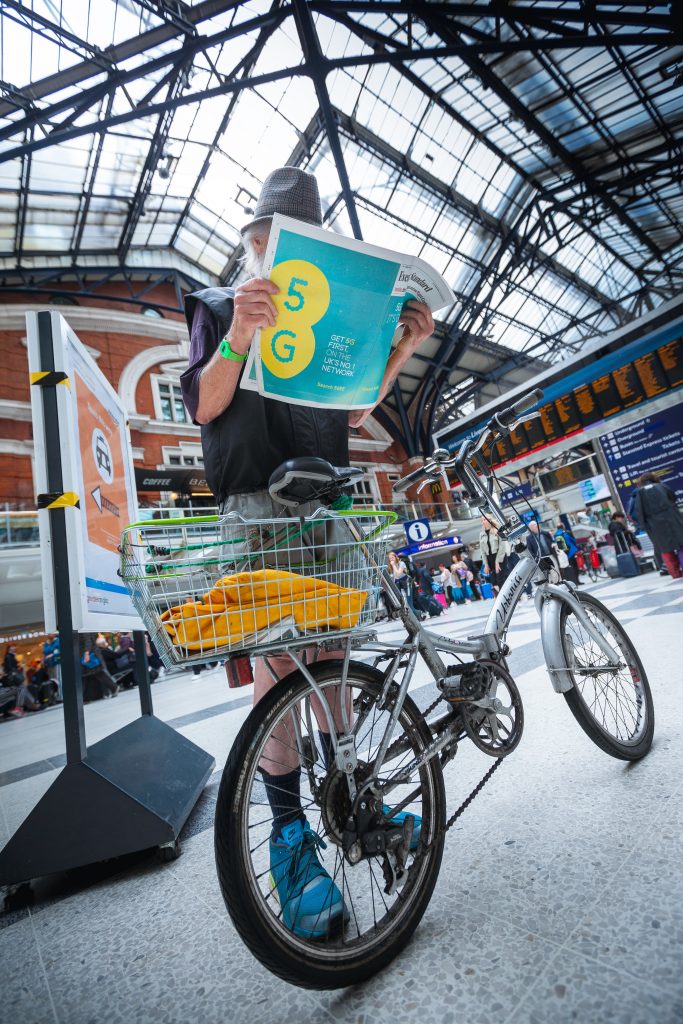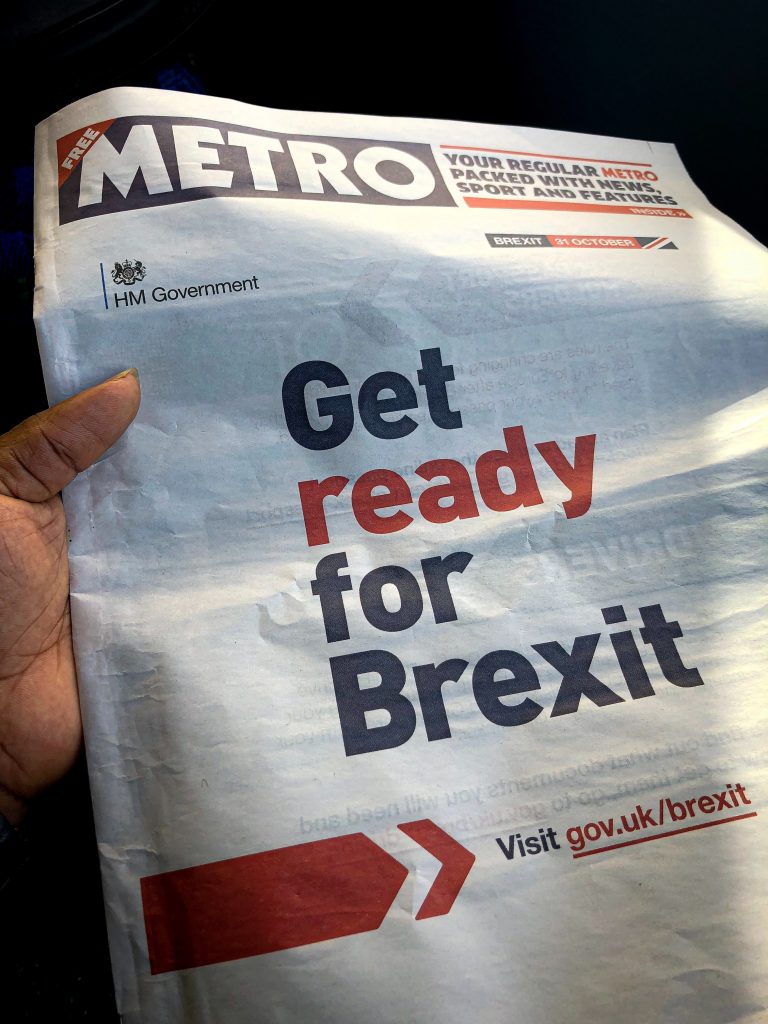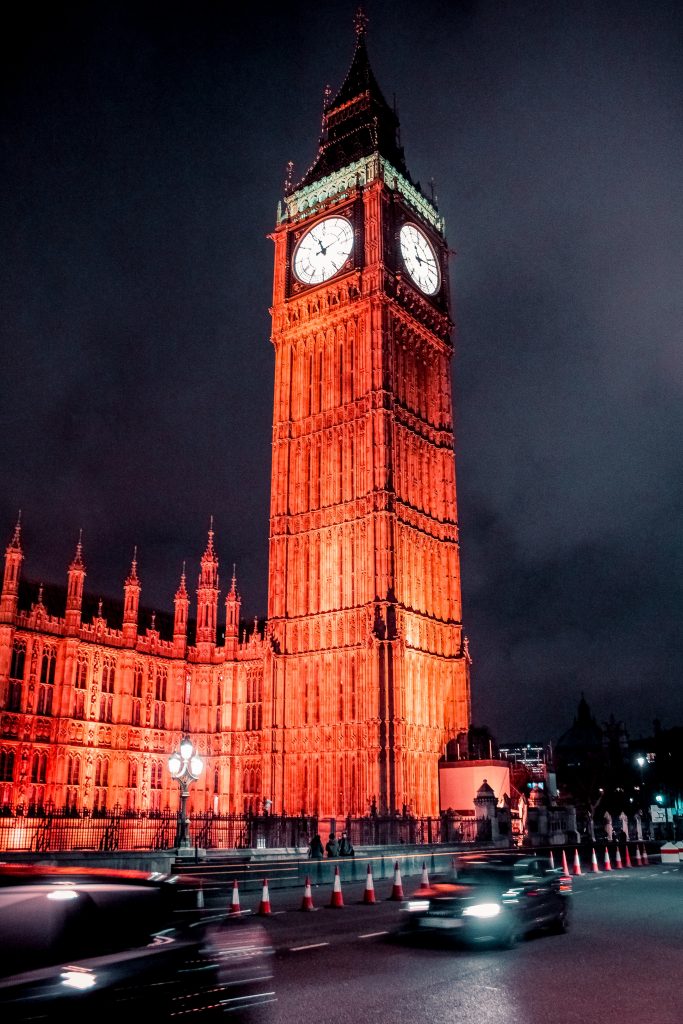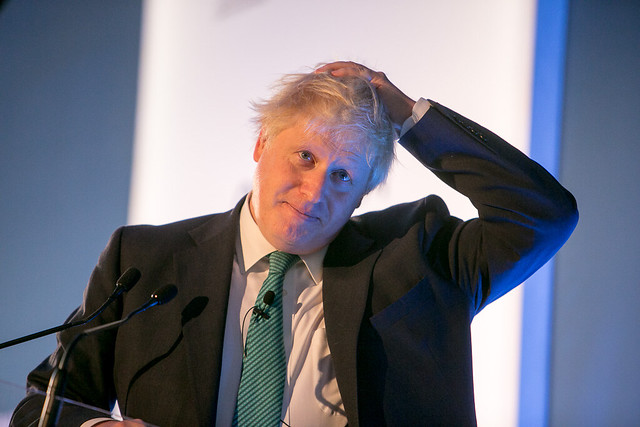The Week In Campaigning: Electile Dysfunction
One week has passed since the unofficial start of the election campaign. Wednesday marked the closing of parliament and the start of an official election season which will last until mid-December. Last week we suggested that the Conservative party were prepared for a simple, clean campaign. Words like ‘slick’ and ‘focused’ were thrown around to suggest a well put together machine for converting slogans to votes. Rarely has a campaign opened less slick or focused than this first week of November.
In the week since the campaign unofficially kicked-off, the Conservative party would have done as well to stay home and avoid all talk of elections in comparison to the disaster they unleashed. If there is a sleek Tory party machine working hard at the heart of the campaign then there’s been no evidence of it over the last 7 days.
Open Season

Early campaign moves were dominated with the typical field of questionable candidates and rogue participants. One prospective MP hopeful was caught out suggesting participants on weekly hate show Benefits Street need “putting down” on social media. A callback to the eugenics movement is unlikely to do her personal campaign many favours in the weeks to come, the judgement and intelligence to advertise eugenics on social media is likely to be the bigger failing overall however.
In similar style, a teacher struck-off from the register for similar social media floundering was selected as the Kirkcaldy and Cowdenbeath Conservative candidate in the same week. Further ill-judged candidates included two party members inexplicably willing to air their own abhorrent views on rape and a prospective Labour candidate who made anti-Semitic comments towards opposition councillors.
The mind really does boggle at the state in which the candidates they didn’t select for election must have been in.
Stepping On Toes
It wasn’t until ill-advised candidate-in-chief Jacob Rees-Mogg was released to make his own campaign contributions that the polished sheen really began to wear off. Rees-Mogg opened his own campaign with a radio appearance in which he told LBC victims of the Grenfell tower disaster could have survived the incident if not for a lack of common sense.

The 50-year-old MP for Sommerset suggested, in one of the most idiotic moments in the history of radio, residents ignore the advice of firefighters during a catastrophic tower block fire as the ‘common sense’ thing to do. Amazingly, for a party which presumably plans to win the election, this wasn’t even the Conservative party low point for the week.
Neither was the resignation of the Government’s minister for Wales. Alun Cairns was forced to resign following being caught in a lie about an aide who was alleged to have sabotaged a rape trial. On a good, or even an average week either of these incidents would be enough to make the list of foremost campaign disasters, but this was a week notable for being distinctly not good.
A poorly doctored video of a labour party rival’s interview seen Conservative party chairman, James Cleverly, duck out of an interview with Sky News’ Kay Burley. Visibly angered by the slight, Burley spent the time interviewing an empty chair instead. The interview was notable for being the best Conservative party appearance of the week.
Jo Swinson came under similar fire when appearing in a channel 4 interview over misleading campaign leaflets being sent out by the party. The Liberal Democrats misleading and at times downright oddball leaflets have drawn richly justified criticism across the board. Swinson’s strategy of answering questions she wished she were being asked rather than the ones she was, came across resoundingly unsuccessful in both content and tone.
Labour had a similarly poor week in PR, unusually light on accusations of anti-Semitism accidental or otherwise. The party lost one of its key leaders in Tom Watson this week, citing ‘personal differences’ which meant he could no longer run with party leader Jeremy Corbyn at the helm. A number of labour candidates similarly called for their own voters to migrate to opposition parties rather than face the leadership of Corbyn.
If there was a single message to take away from the week for any of the larger parties it would be one of survival. Riding out a storm of criticism and scandal and hope the opposing party comes off worse.
A Bad Week Ending Worse
It was Boris Johnson himself who stamped on the remains of the Conservative party’s campaign week. The Prime Minister was filmed giving, what appeared to be, an after-dinner hotel room speech in which he talked up Northern Ireland’s future relationship with the UK.
If it was a cleverly pre-planned ‘off-the-cuff’ campaign moment then it was one conceived without any thought given to the candidate’s severe limitations of wit, rhetoric, and understanding of the topic at hand.

Johnson highlighted key points of a withdrawal agreement which kept Northern Ireland’s relationship with both the UK and Republic of Ireland intact. The agreement which the PM talked up was uniquely interesting in that it wasn’t his. The deal which Johnson talked up during the party was had little similarity to the one his team had secured during EU negotiations.
Remarkably, the PM even talked up the benefits of Northern Ireland’s access to the single market and free movement, a topic he has only recently converted to talking down for the UK. Johnson raved about Ireland’s ‘great deal’ in having access to EU markets and UK trade in the coming future. It’s a wonder the PM didn’t openly wish for a similar sort of deal for the UK while he was talking.
The prime minister had the charisma and swagger of a drunk confidently explaining a subject matter in which he is intensely passionate and underqualified to discuss.
A Long Week Which Only Started On Wednesday
It was a week remarkable for the sheer number of campaign disasters falling across the board. If the opening seven days are to set the tone between now and December then Christmas is likely to feel like a well-earned rest.
The feature which typically draws ridicule and ire around the Labour party, unashamed and uncompromising fence-sitting, could well be their saving grace this election season. Their seemingly absent policy and presence may be an accidentally brilliant strategy.

It’s clear from the opening week that scandal, dishonesty, and ‘fake news’ are going to be buzz words of campaigning this season. News outlets in the recent past have been taken for a ride from campaign managers, spin doctors, and party strategists. Reprinting campaign messages virtually word for word as news, openly accepting brazen statements as fact, and giving dishonest spokespeople a free and open platform to their audience has unexpectedly backfired in entirely predictable ways.
This season, many are going to wish to portray an image of cracking down hard on the issue. Calling out blatant dishonesty, campaign lies, and misrepresented facts will become a reoccurring theme.
Most outlets, of course, still aren’t willing to go as far as pay journalists or produce notable content, and the gaping holes and terminal flaws exposed through Brexit and its aftermath haven’t been dealt with, or even fully reviewed since their discovery. This season isn’t an end to the terminal problems in our electoral system by any stretch of the imagination. It is the beginning of witty gotchas and video/sound bites which catch campaign messaging out in lies and deceit. It’s a non-solution which will be at worst entertaining, at best, better than nothing at all.
The anonymous invisibility of the Labour party firmly rooted to the fence may be enough to keep their head down and their campaign messaging just under the radar. In an election season filled with minefields of gotchas and fact-checking—saying nothing at all may be a winning move.
The campaign opened with a projected conservative lead of 7-17 points. This week is likely to show a resounding battering into those points, but the truth is every week between now and December 12th is less important than the next, and there’s still a lot more disaster and catastrophe to come.

